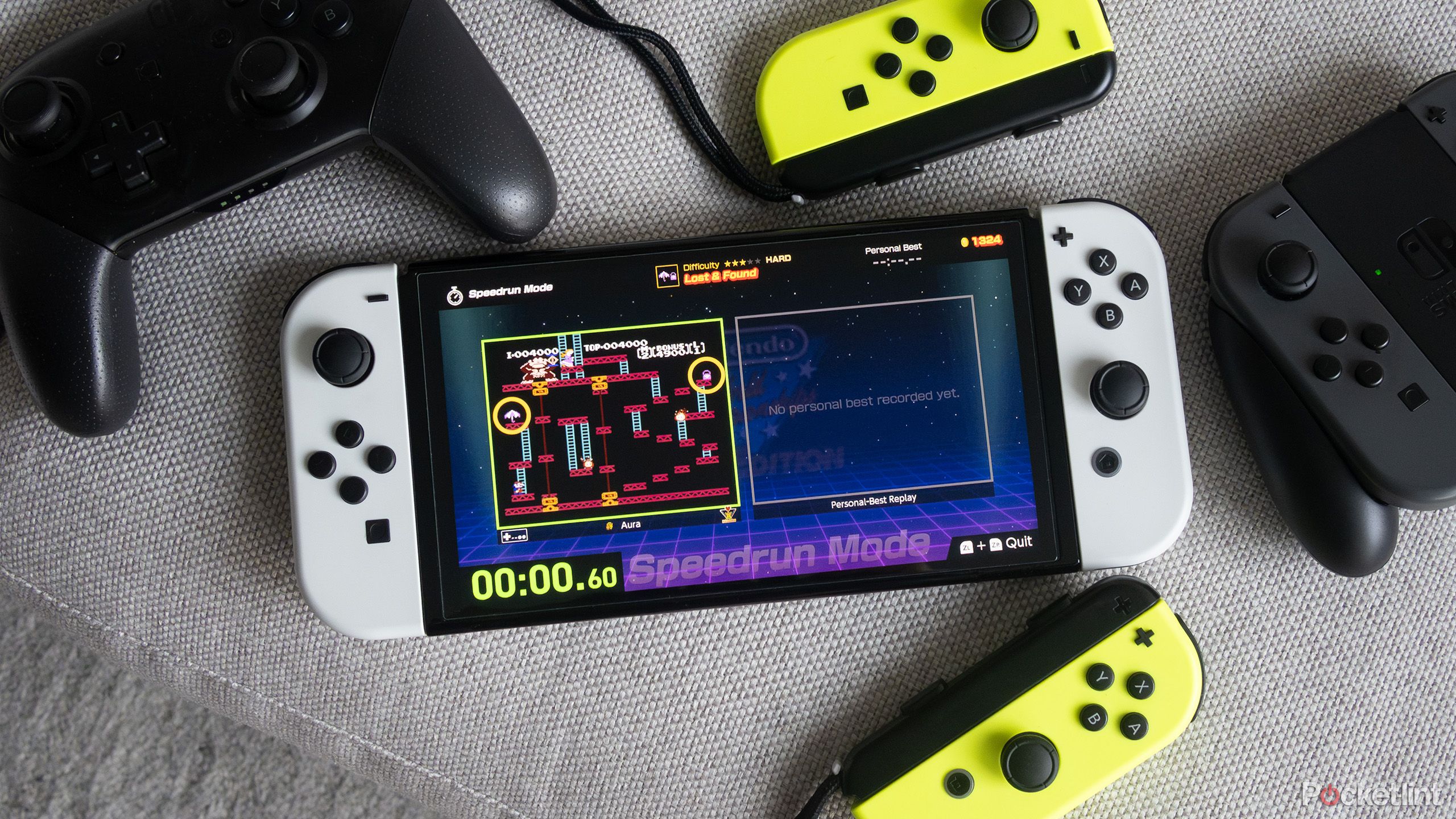Key Takeaways
- Preservation of games is essential, but faces many challenges due to constant updates.
- Both single-player and multiplayer games require preservation efforts.
- With physical discs becoming obsolete, ownership rights over games are eroding.
Ask any gamer about game preservation and, most likely, they will argue in favor of it. The idea of losing any piece of art is a net negative for the world and that industry. Without a comprehensive historyof a particular medium, it becomes that much harder to trace trends, avoid pitfalls, and find inspiration on how to move forward. Games are unique in this conversation compared to things like books, films, and music in that hardware and software changes so rapidly that a much more concerted effort has to be made to preserve them. Thankfully, the community has taken major steps in preserving games that publishers and developers either won’t or can’t.
Despite this universal acknowledgment in favor of preserving as much of this medium as we possibly can, the truth is we had little to no power in this fight. In fact, I believe we started to lose this fight over a decade ago, and at this point are on the brink of preservation being almost completely obsolete. This isn’t just in extreme cases like Concord, either, but even our beloved single-player titles.
There will always be exceptions and ways dedicated groups work to preserve games, but as a whole, we have little power in this fight anymore.
PlayStation 5 Digital Edition
- Game support
- PS5, PSVR 2, PS4, PSVR
- Storage
- 825GB SSD
- RAM
- 16GB GDDR6
We can’t preserve a game that always changes
Even a single-player game evolves
Game preservation was never easy, but at least far less complicated until the PS4 generation got started. Before that, with some exceptions, most games would be finished, go gold (meaning it was complete and put on the disc to be sold), and maybe get some DLC or patches if there were extreme instances of bugs. If you own a PS3 or 360 disc, that’s the game. You can plug it into a TV and play it exactly as it was at launch.
Once the PS4 and Xbox One came out, however, we saw a rising trend of the day-one patch, updates, and live-service games. Multiplayer-focused games, specifically those live-service titles, were a lost cause from the start in terms of preservation. After all, how do you preserve a game that changes every few months? If you were to try and preserve Destiny or Fortnite, how would that even be possible? Would we need a version of each major season, or get as granular as things like balance patches? WoW and RuneScape are two of the few examples I can recall of games attempting to preserve earlier versions of themselves, but even those aren’t perfect solutions.
You may think single-player games are the real focus for preservation, but those two are no longer a cut-and-dry case.
That isn’t even mentioning the issue of multiplayer-only games where the servers have gone offline. Usually that’s the end of it, but even if you can host your own lobby, what good is it without other players?
You may think single-player games are the real focus for preservation, but those two are no longer a cut-and-dry case. While not nearly to the same extent, single-player games are not static, either. Patches and updates, new content, modes, or even time-limited content are all par for the course now. That’s not even touching on the dreaded online requirements for these games, which can render them unplayable at a publisher’s whim.
Discs are dying and already don’t matter
You don’t even own the games you own
With rare exception, you
must
download a day-one patch, or even the rest of the game since the disc doesn’t hold it all, before you can play.
Discs, or whatever physical media a game came on, used to be the ultimate solution to preservation. So long as a game existed on physical media somewhere, it could be preserved. Typically, this is done through digitizing it, but the point of having a game on that tangible piece of media was that that disc or cartridge was the game. There was no way a publisher could take or alter it. I don’t believe it was malicious, but that simply isn’t true anymore. Popping in almost any disc today without being connected to the internet will not allow you to play. With rare exception, you must download a day-one patch, or even the rest of the game since the disc doesn’t hold it all, before you can play.
As we all knew already, physical media is almost dead anyway. It was made optional this generation, and all signs point to it being a niche, if not completely obsolete concept, by next-gen. Consoles would love to get away from discs and cartridges for obvious reasons that have nothing to do with preservation, but will have major ramifications for that cause. We already don’t own our games now, disc or not, and we’re about to lose even that illusion of ownership.
In the end, it is up to publishers and developers to fight for preservation on our behalf going forward. That’s a scary thought in a world where they would prefer to remake, remaster, and resell us the same titles over and over as opposed to making older versions easily accessible. Unfortunately, there’s not much we as consumers have the power to do except make our voices heard and vote with our wallets.

Related
Do you prefer to buy your games physically or digitally?
Buying games used to be an event. You’d need to save up or wait for your parents to agree to buy one, and then get dragged along on five other errands before you could get back home to start playing. Thankfully we had those awesome game manuals to read in the car to tide us over until we could slap that game in our console and play. We’ve already gone from cartridges to discs, but now games are primarily sold digitally. PC gamers have been primarily downloading games for decades, but it’s only been since the 360 and PS3 days that downloading full games on a console was even possible. What started as a novelty has now turned into the primary way games are sold and bought. The upsides to digital games are obvious—you can download and play them without having to leave your home, they don’t take up space, and you can’t lose or damage them. However, there has been a big pushback against this all-digital future for games. Preservation and ownership issues are chief
Trending Products














